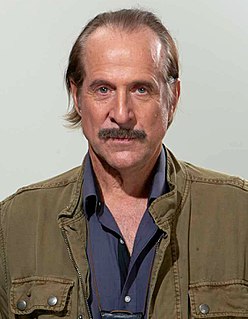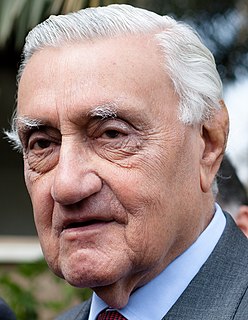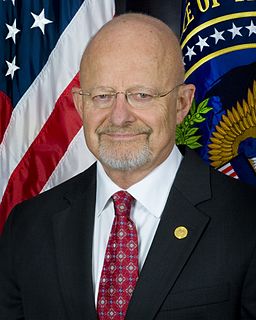A Quote by Misha Glenny
The anonymity issue is a big question. As long as people can disguise cyber attacks and as long as there is a sort of question mark over who is responsible, then the problem will continue to exist. And of course what happens in response to that is that there is a move to try and refashion the Internet so that anonymity is impossible, which of course leads to fears among all sorts of groups - civil rights groups, NGOs, and political parties - that the Internet is going to be used simply as a method of control. So these are very sensitive issues.
Quote Topics
Among
Anonymity
Attacks
Big
Civil
Civil Rights
Continue
Control
Course
Cyber
Cyber Attacks
Disguise
Exist
Fears
Going
Groups
Happens
Impossible
Internet
Issue
Issues
Leads
Long
Mark
Method
Move
Over
Parties
People
Political
Political Parties
Problem
Question
Question Mark
Response
Responsible
Rights
Sensitive
Sensitive Issues
Simply
Sort
Then
Try
Used
Very
Which
Will
Related Quotes
Africa needs help, no question about that but I'd rather prefer that the money is channeled. That's what I call smart aid; it's channeled through African civil society groups. These are the groups which can be held more accountable. These are the groups which will sort of monitor how the aid money is spent.
I use many different gadgets connected with computers; I use PCs, laptops and a Palm Pilot. I also use the Internet to visit websites, especially within Polish-language Internet. I usually go to political discussion groups and sites - of course, as I use my real name, people never believe that they are chatting with me!
I'd turn off the internet for a month and make us actually talk to each other, and be responsible for your opinions and not be able to hide behind the anonymity of the cyber-wall to speak your mind. To actually have to face people and see their reactions and discuss it - actually discuss it. It won't happen. Unless the grid goes down.
The two most capable nation state adversaries in the cyber domain are clearly Russia and, of course, China. And I do think Russia poses a huge threat in the way they have used the cyber domain. That, to me, by the way, is the big issue here, is Russian interference in our political process, in our election process. And that is an egregious act by them. And they will continue to do that and I think more aggressively than they have in the past. And I think it's something Americans, all American citizens need to be aware of.
I would rather people not smoke. I certainly appreciate the fact that smoking is not legal in restaurants and bars. That used to stop me from going out at night because you'd go someplace and your clothes would reek and you wouldn't enjoy the experience and that affects your rights. It's always a question. Whenever you are talking about these issues, it's not a question of restricting rights. It's a question of restricting whose rights, and providing for whose rights and that's a tricky balance.
If you meditate long enough, deep enough, it is impossible for you to hurt anybody for food; it is impossible. It is not a question of argument, it is not a question of scriptures, it is not who says what, it is not a question of calculating that if you take vegetarian food you will become spiritual; it is automatic. It is not a question of cunningness, you simply become spiritual. The whole thing seems so absurd. Just for food, killing animals, birds, seems so absurd, it falls down.
































